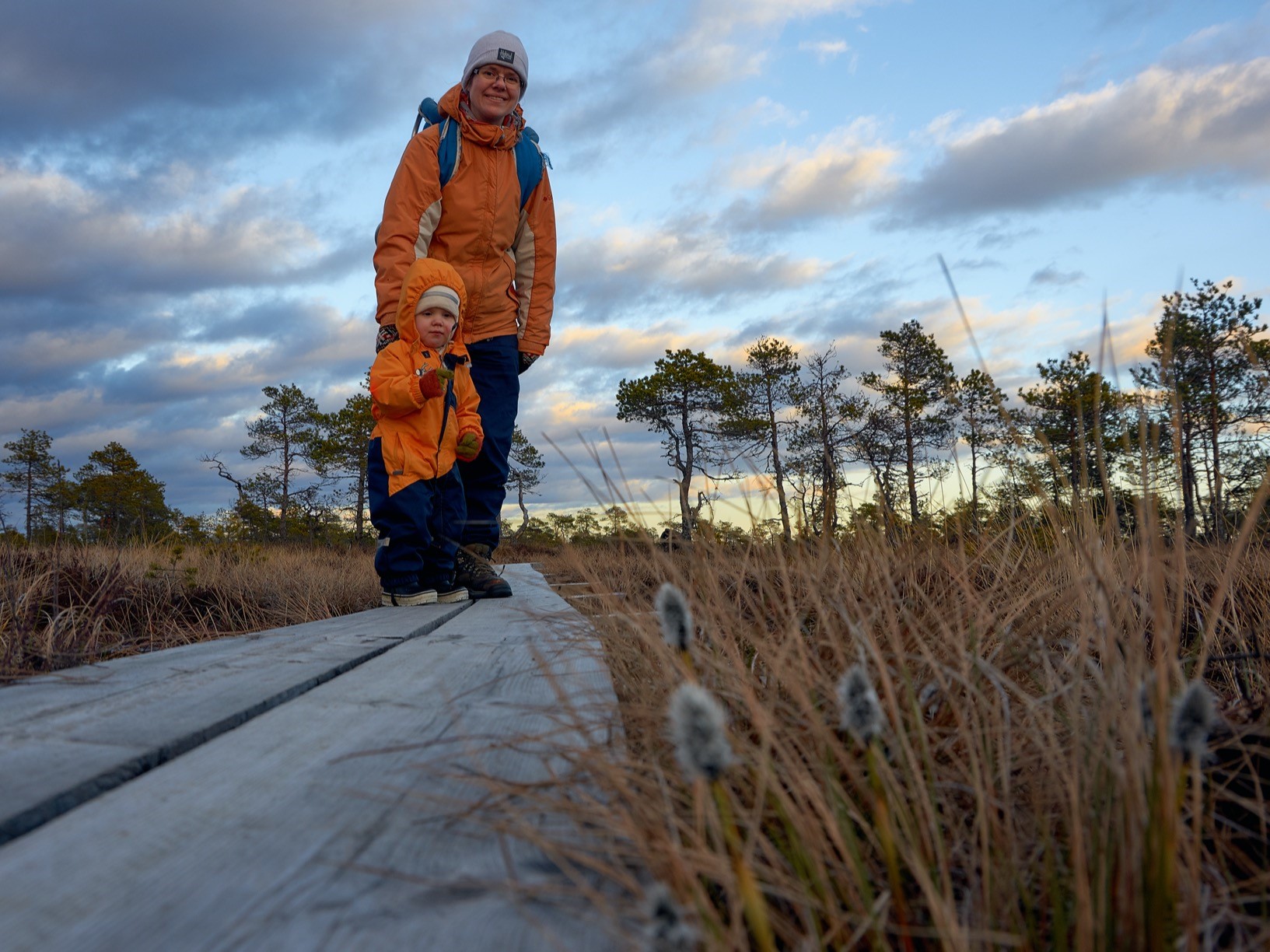Biodiversity ensures the well-being of people
One of the most important ideas of the Age of Enlightenment was that man stands outside nature, studies and rules it. Unfortunately, this idea is still present in Western civilization today and may also be the main cause of the modern ecological crisis. In ecological terms, man does not stand outside nature, but is critically dependent on it. The inability of humans to recognise this dependence and to perceive nature as foreign and different is called alienation.

Similar to the quest of ruling of the Age of Enlightenment, humans may pursue a romantic attempt to reunite with nature. People feel happy and creative in nature, the surrounding biodiversity improves their mood and health, and reinvigorates them both physically and mentally. Several studies have shown [1] that being in the wild has significant beneficial effects on health indicators such as blood pressure, cholesterol levels, cortisol levels, heart rate variability (the latter two are indicators of stress levels), diabetes, and cardiovascular mortality. Physical activity helps to prevent becoming overweight and osteoporosis and to train muscles, and research has shown links between being in the wild and being less likely to be depressed [2]. In all of this, ecosystems provide people with clean water, air, and food.
Philosophers have offered people various possibilities for reuniting with nature, such as feeling like they are a part of nature or considering nature to be an extension of themselves. In this case, a person could feel at home everywhere. It is probably a realistic hope that nature will continue to be seen as foreign and different, but treated with respect and dignity.
Each of us can contribute to the biodiversity of the surrounding landscape or to its biodiversity. The Greenmeter, developed by researchers at the University of Tartu, that can be used to measure landscape support for biodiversity, can be found here.
Last modified: 13.01.2022
Text: Kristjan Piirimäe
Editors: Sigrid Ots, Reigo Roasto
__________________________________________________________________________________
[1] C. Twohig-Bennett, A. Jones The health benefits of the great outdoors: A systematic review and metaanalysis of greenspace exposure and health outcomes. Environmental Research, 2018, 166, 628-637.
[2] M. Van den Bosch, A. Meyer-Lindenberg. Environmental exposures and depression: Biological mechanisms and epidemiological evidence. Annual Review of Public Health, 2019, 40, pp 239–59.